Beta-Glucans For Skin: Benefits And How To Use
From hydrating your skin to preventing UV damage - these dietary fibers can do a lot.
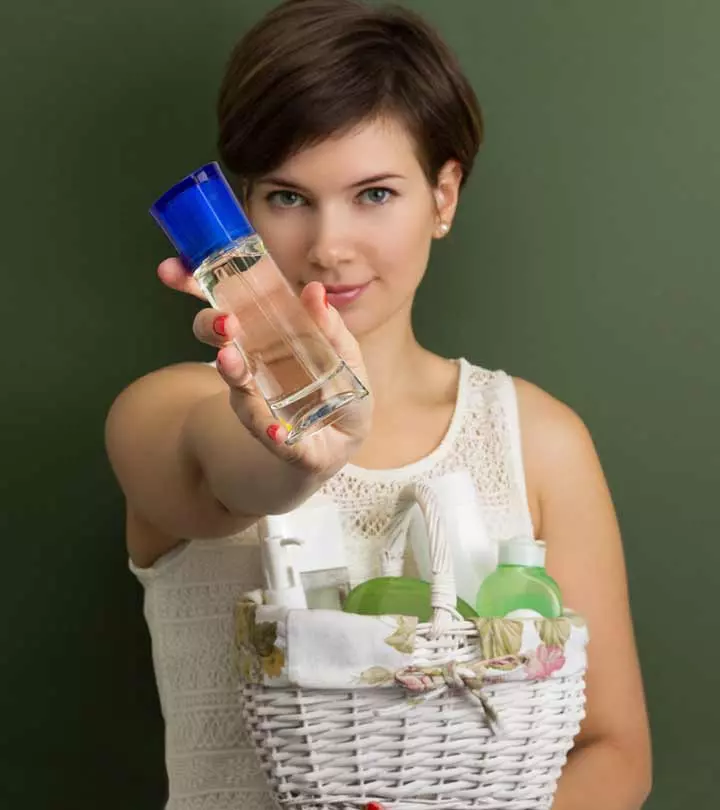
Image: Shutterstock
Moisturizing your skin daily and keeping it well-hydrated is the key to healthy and glowing skin. A good hydrant may keep many of your skin issues at bay, including flakiness, acne, and wrinkles. Using products with beta-glucans may help keep your skin hydrated from within. Although they are often referred to as the cousins of hyaluronic acid, many consider beta-glucans a better alternative.
Keep reading to know more about beta-glucans, their benefits, and why you need them in your skin care routine.
 Know Your Ingredient: Beta-Glucan
Know Your Ingredient: Beta-GlucanWhat Is It?
A type of dietary fiber found in the cell walls of yeast, bacteria, fungi, cereals, and oats.
What Are Its Benefits?
Hydrates the skin, fights signs of aging, protects against UV damage, lowers cholesterol levels, improves immunity and heart health, stabilizes blood sugar levels, and inhibits cancer cells.
Who Can Use It?
All except those who have rheumatoid arthritis, multiple sclerosis, lupus, inflammatory bowel syndrome, and asthma.
How Often?
Daily, in the form of serums and moisturizers or supplements.
Caution
Can lead to a hyperactive immune system in some individuals. Consult your doctor before using it to avoid allergic reactions and side effects.
In This Article
What Are Beta-Glucans?
Beta-glucans or β-glucans are polysaccharides found in the cell walls of yeast, bacteria, fungi, cereals, and oats.
They are dietary fibers and can control chronic metabolic diseases by lowering cholesterol levels, improving immunity, stabilizing blood sugar levels, and inhibiting cancer cells. They also help maintain skin health when consumed or applied topically (1).
In dermatology, beta-glucans are used in personal care products. They promote wound healing, moisturize the skin, and have anti-aging benefits. They improve the skin’s resilience to infections (1). They are especially beneficial for sensitive skin, may help soothe symptoms of eczema and dermatitis, and protect the skin. Oat beta-glucan, mushroom beta-glucan, yeast beta-glucan are powerful natural ingredients that have gained significant attention in the beauty and cosmetics industry for their potential skincare benefits. These plant-based ingredients are renowned for their ability to nourish and soothe the skin, making them ideal for addressing many skin concerns such as psoriasis, rosacea, dry skin, and combination skin.
Keep reading to learn what beta-glucans can do for your skin.
Key Takeaways
- Beta-glucans are hydrating ingredients that keep your skin well-moisturized, soft, and supple.
- They help protect and strengthen your skin barrier while preventing signs of aging or infections.
- Oats, seaweed, shiitake mushroom, and barley are common foods rich in beta-glucans.
- Beta-glucans are usually safe to consume and to apply topically as ointments or lotions unless you are prone to allergies.
What Do Beta-Glucans Do For The Skin?
1. Hydrate The Skin
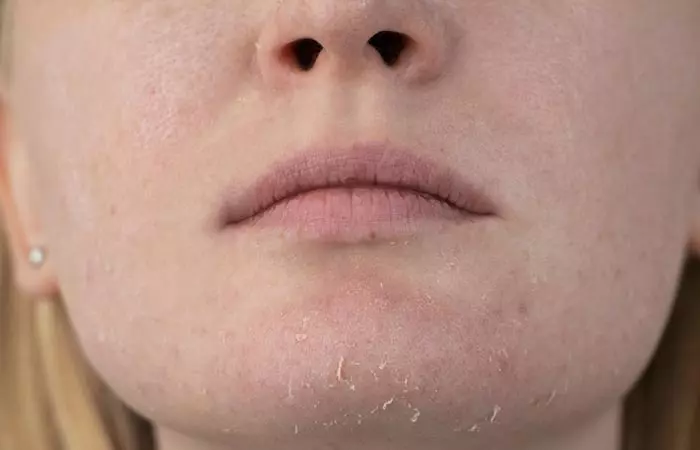
Beta-glucans extracted from oats can hydrate and moisturize your skin. They can penetrate deep into the dermis (second layer of the skin), and reduce the skin roughness (2). It also increases the efficacy of the product.
 Trivia
Trivia2. Reduce Signs Of Aging

Oat-derived beta-glucan can rejuvenate the skin and minimize fine lines and wrinkles. It stimulates the fibroblast cells to promote collagen production and cell renewal process to tighten the skin and minimize crow’s feet in eight weeks to give you a youthful appearance (2).
3. Have Anti-Inflammatory Properties
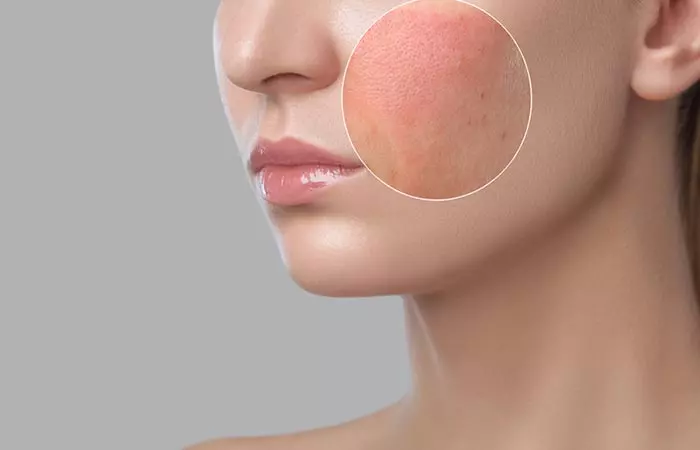
Beta-glucans derived from mushrooms have antioxidant and anti-inflammatory properties (3). This might help alleviate inflammation caused by skin conditions like eczema, burns, wounds, and dermatitis. Beta-glucans play an important role in treating and preventing allergic reactions triggered by the immune system (4). These properties make them effective agents for soothing allergy symptoms like skin rashes, redness, and swelling.
4. Prevent UV Damage
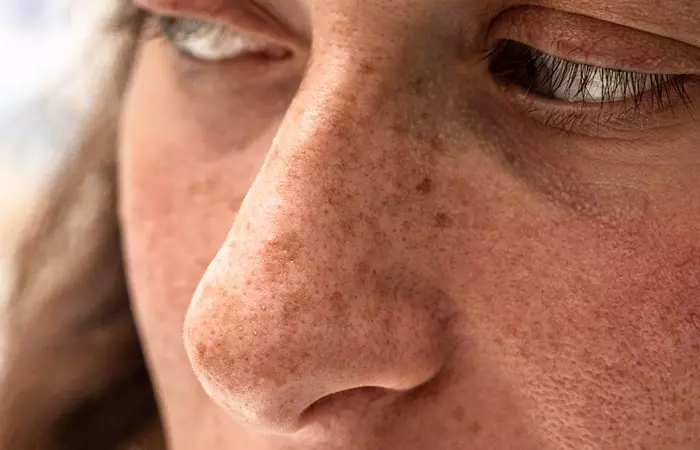
Excessive ultraviolet light exposure produces harmful free radicals in your body, one of the main factors that cause photodamage and photoaging. The antioxidative properties of beta-glucans protect the skin against free radical damages and prevent signs of aging, hyperpigmentation, and cell damage (1).
You can use beta-glucans orally and topically to reap their skin benefits (5). Here is how you can incorporate them into your daily routine.
How To Use Beta Glucans For Skin
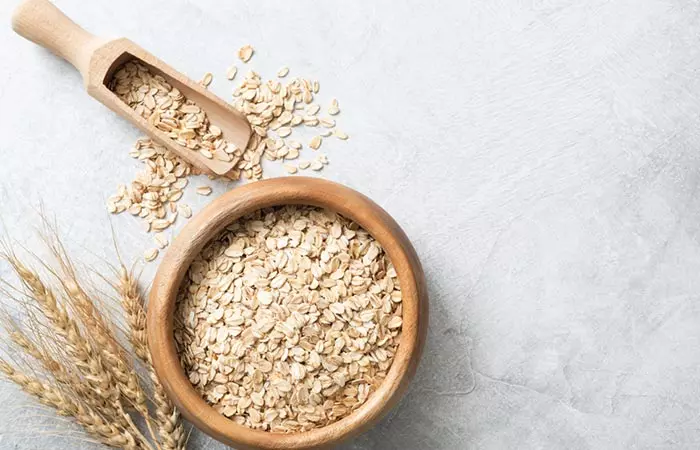
You can use serums, moisturizers, creams, and other skin care products with beta-glucans. You can also consume foods rich in beta-glucans to maintain your skin and overall health and wellness. You can eat:
- Oats
- Whole grains
- Seaweed
- Shiitake, maitake, and reishi mushrooms
- Barley
However, there are many superfoods for glowing skin that are packed with nutrients. You can use them with these mentioned foods rich in beta-glucans to nourish the skin from the inside out, leaving it radiant and healthy.
 Quick Tip
Quick TipBeta-glucans are considered safe (both orally and topically)(5). They do not have any serious side effects unless you are allergic to them or any of the foods listed above. Let’s understand the dosage and who can use or consume beta-glucans.
How Much Beta-Glucans Can You Take Per Day?
Studies suggest a daily dose in the range of 100–500 mg stimulates the immune system, whereas a daily dose of 3 g is recommended for reducing cholesterol levels (6). You can meet the daily dosage easily through a balanced diet rich in whole grains, legumes, and certain vegetables. However, consult a healthcare professional or a registered dietitian to determine the amount of beta-glucans your body needs. Avoid consuming beta-glucans in excess, as it may lead to digestive discomfort.
Who Should Use Them?
You can use topical (or oral) beta-glucans if you have:
- Dry and sensitive skin
- Mature skin
- Wrinkles, fine lines, and other aging signs
You can consume beta-glucans if you want to boost:
- Cardiovascular health
- Immune function
However, avoid consuming beta-glucans (through supplements or foods) if you have certain medical conditions like:
- Asthma (7)
- Inflammatory Bowel Syndrome by causing intestinal inflammation (8)
- Rheumatoid arthritisi An inflammatory and autoimmune disease in which the immune system attacks its own tissues, especially joints in the hands and feet. (9)
- Lupusi An inflammatory disease in which the immune system suddenly becomes hyperactive and affects the kidneys, brain, joints, skin and heart. (10)
- Multiple sclerosisi A chronic disorder in which the immune system damages the protective linings of the nerve cells, affecting the central nervous system. (11)
This is because beta-glucans can further trigger the hyperactive immune system in people with these conditions.
Infographic: 4 Benefits Of Beta-Glucans For The Skin
Beta-glucans are becoming increasingly popular in the skincare world. If you have ever come across this ingredient on your skin cream and serum bottles and need a refresher on its benefits, check out the infographic below. It will take you through the top benefits of beta-glucans. Scroll down to take a look.
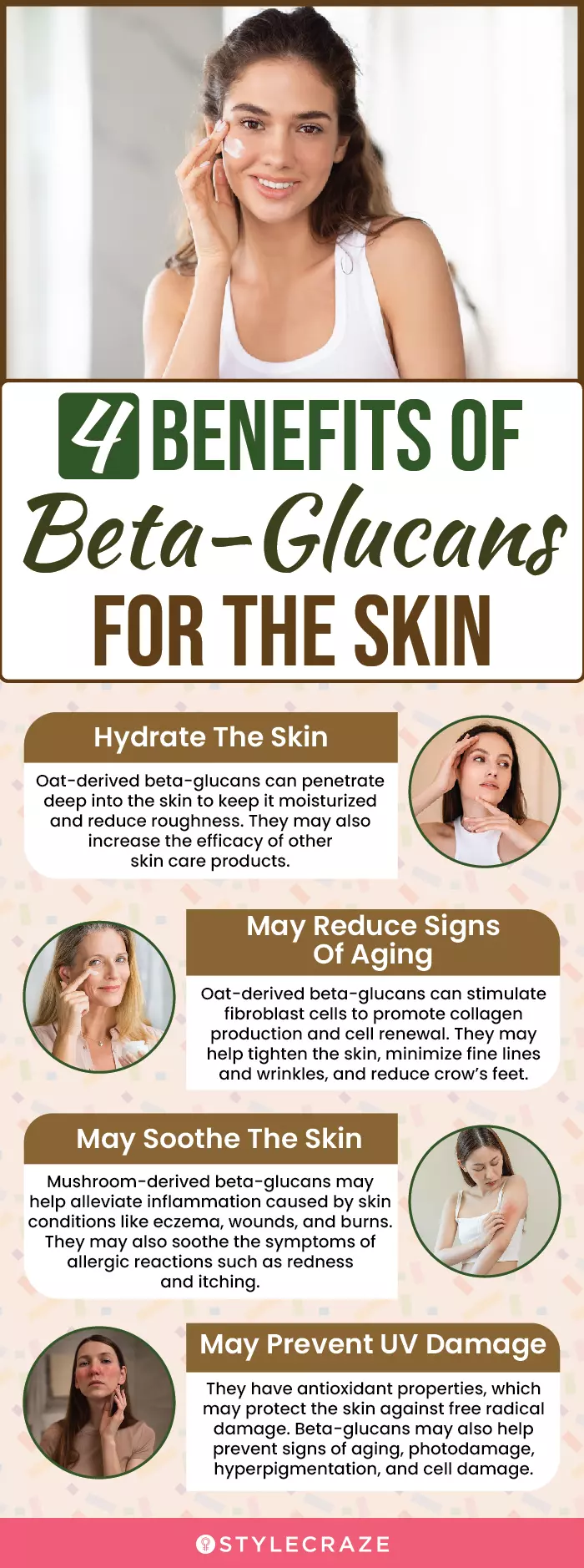
Illustration: StyleCraze Design Team
Beta-glucans are dietary fibers that boost your immune system and are commonly used in cosmetic products. Studies suggest beta-glucans have anti-inflammatory properties and can soothe skin conditions such as dermatitis and eczema. Additionally, they can reduce signs of aging by preventing skin dryness, and roughness. You can use beta-glucans for your skin as creams or consume foods such as oats or barley. Beta-glucans are ideal for people with sensitive, mature, or aging skin. However, people with asthma, multiple sclerosisi A chronic disorder in which the immune system damages the protective linings of the nerve cells, affecting the central nervous system. , or rheumatoid arthritisi An inflammatory and autoimmune disease in which the immune system attacks its own tissues, especially joints in the hands and feet. should avoid them.
Frequently Asked Questions
Do beta-glucans aid in managing sensitive skin conditions?
Beta-glucans, commonly found in oats and fungi, can help soothe sensitive skin by reducing redness and inflammation. Many skincare products with beta-glucans are often used to calm eczema or rosacea symptoms.
Is beta-glucan good for oily skin?
Yes, beta-glucan is good for all skin types. However, do a patch test before applying it.
Can I use beta-glucan and hyaluronic acid together?
Yes, using beta-glucan and hyaluronic acid together can provide maximum hydration to the skin.
Is beta-glucan safe for fungal acne?
Yes, you can apply beta-glucan to soothe discomfort caused by fungal acne as it has anti-inflammatory properties. However, it may not treat acne.
Learn how to incorporate oat beta-glucan into your daily routine for healthier, glowing skin! Check out the following video and get all the tips you need to look your best.
References
Articles on StyleCraze are backed by verified information from peer-reviewed and academic research papers, reputed organizations, research institutions, and medical associations to ensure accuracy and relevance. Read our editorial policy to learn more.
- Skin Aging & Modern Age Anti-aging Strategies
https://globaljournals.org/GJMR_Volume19/3-Skin-Aging-and-Modern-Age.pdf - Anti‐Wrinkle Therapy: Significant New Findings in the Non‐Invasive Cosmetic Treatment of Skin Wrinkles with Beta‐Glucan
https://www.researchgate.net/publication/227527409_Anti-Wrinkle_Therapy_Significant_New_Findings_in_the_Non-Invasive_Cosmetic_Treatment_of_Skin_Wrinkles_with_Beta-Glucan - Anti-inflammatory antioxidant and cytotoxic actions of β-glucan-rich extract from Geastrum saccatum mushroom
https://www.sciencedirect.com/science/article/pii/S1567576907001269?via%3Dihub - β-Glucans in the treatment and prevention of allergic diseases
https://pubmed.ncbi.nlm.nih.gov/23253683/ - Clinical and Physiological Perspectives of β-Glucans: The Past Present and Future
https://www.mdpi.com/1422-0067/18/9/1906 - Beta Glucan: Supplement or Drug? From Laboratory to Clinical Trials
https://www.ncbi.nlm.nih.gov/pmc/articles/PMC5073040/ - Β-Glucan Exacerbates Allergic Asthma Independent Of Fungal Sensitization And Promotes Steroid Resistant Th2/Th17 Responses
https://www.ncbi.nlm.nih.gov/pmc/articles/PMC5073040/ - Orally Delivered Β-Glucans Aggravate Dextran Sulfate Sodium (Dss)-Induced Intestinal Inflammation
https://www.sciencedirect.com/science/article/pii/S0271531715002304 - A Role For Fungal Β-Glucans And Their Receptor Dectin-1 In The Induction Of Autoimmune Arthritis In Genetically Susceptible Mice
https://www.ncbi.nlm.nih.gov/pmc/articles/PMC2213107/ - Acceleration Of Sle-Like Syndrome Development In Nzbxnzw F1 Mice By Beta-Glucan
https://www.researchgate.net/publication/260091092_Acceleration_of_SLE-like_syndrome_development_in_NZBxNZW_F1_mice_by_beta-glucan - Curdlan a Microbial β-Glucan Has Contrasting Effects on Autoimmune and Viral Models of Multiple Sclerosis
https://www.frontiersin.org/journals/cellular-and-infection-microbiology/articles/10.3389/fcimb.2022.805302/full
Read full bio of Dr. Meena Konada
Read full bio of Swathi E
Read full bio of Anjali Sayee
Read full bio of Monomita Chakraborty







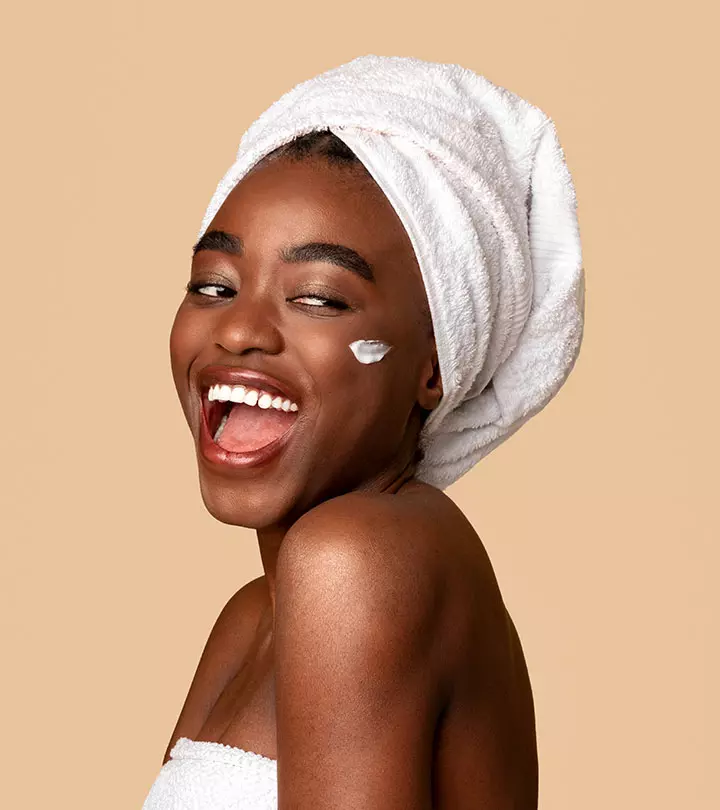
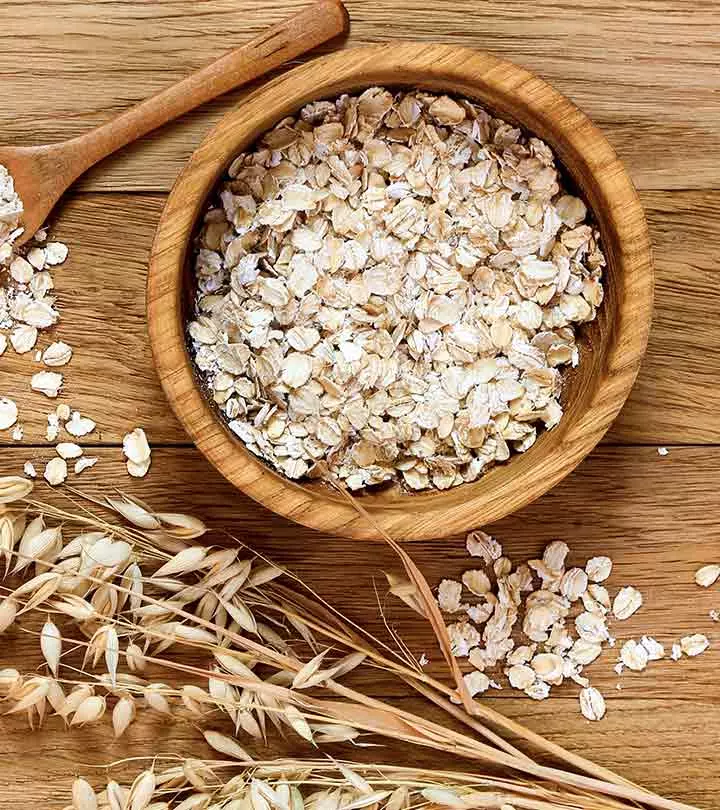
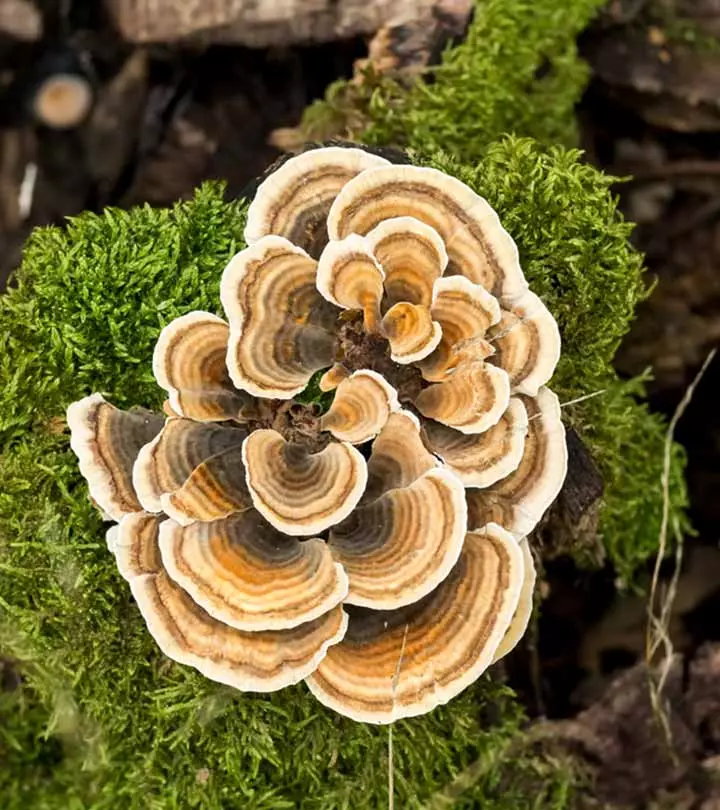

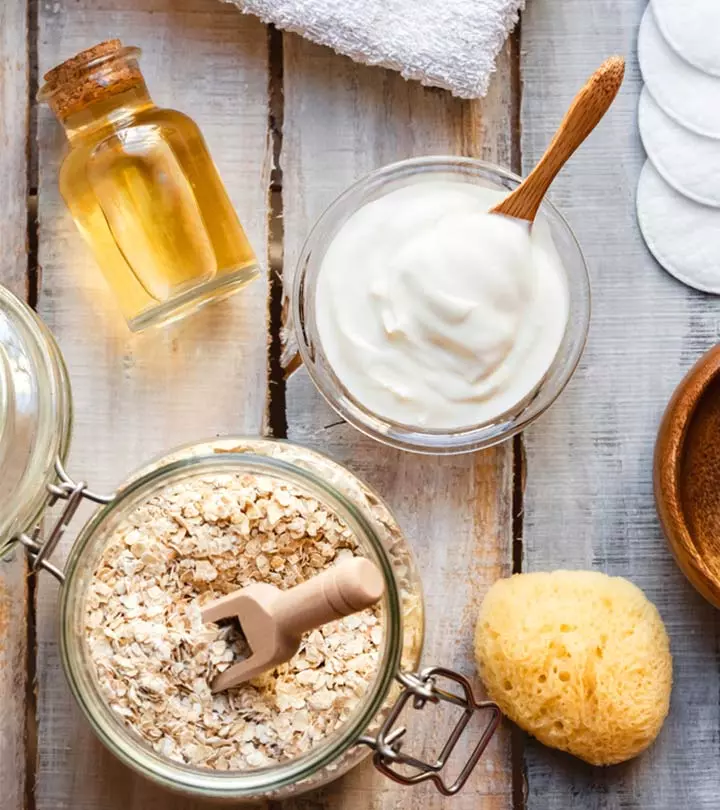
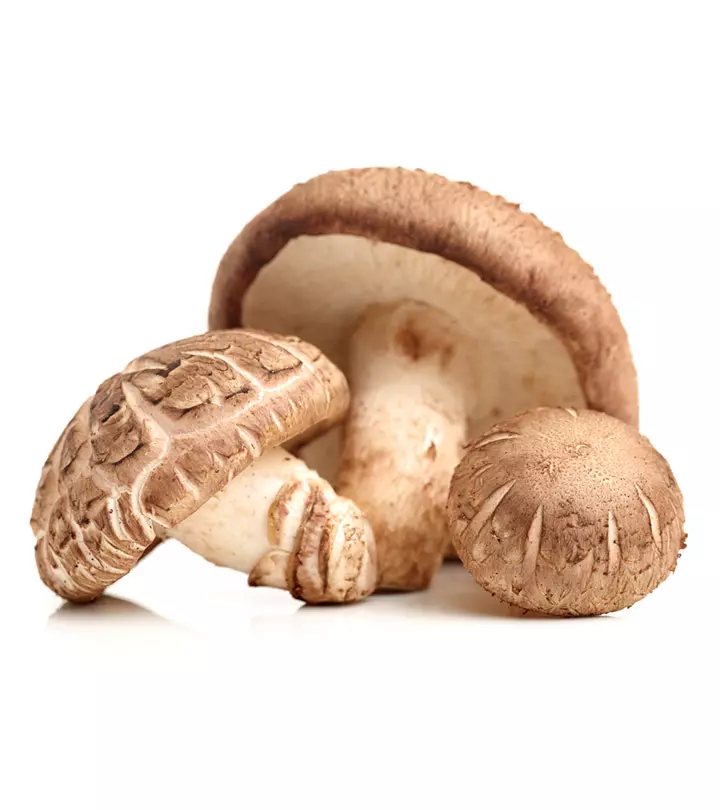

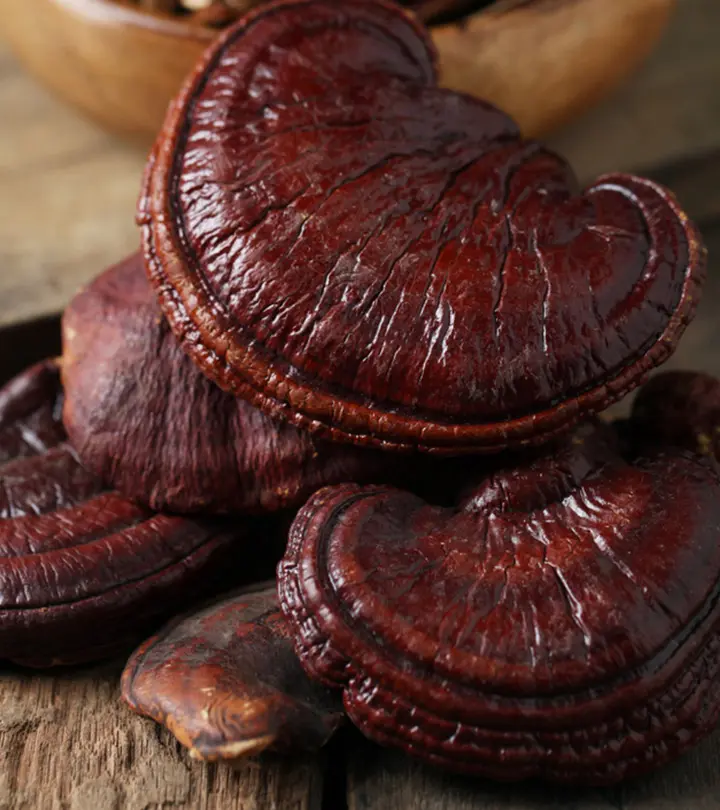

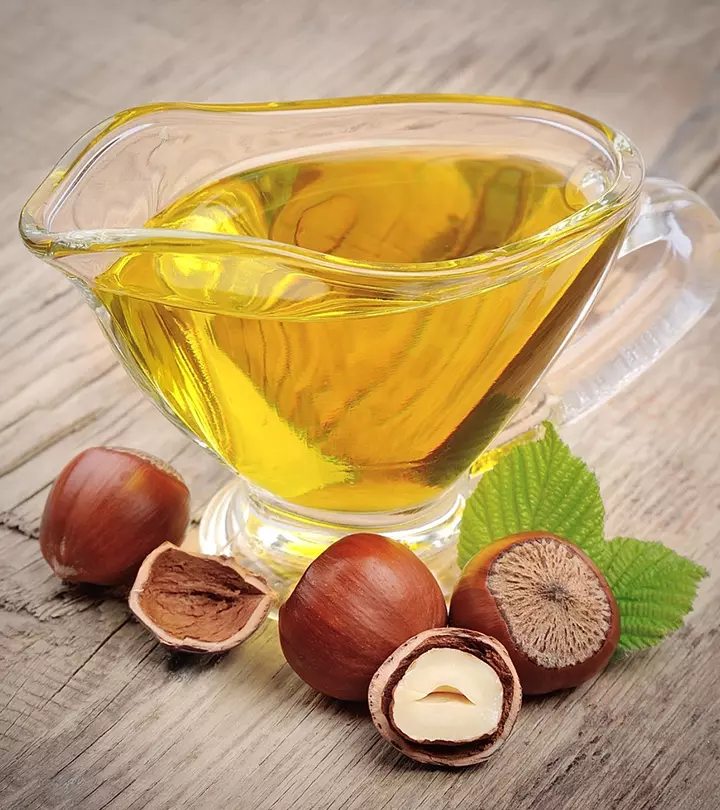
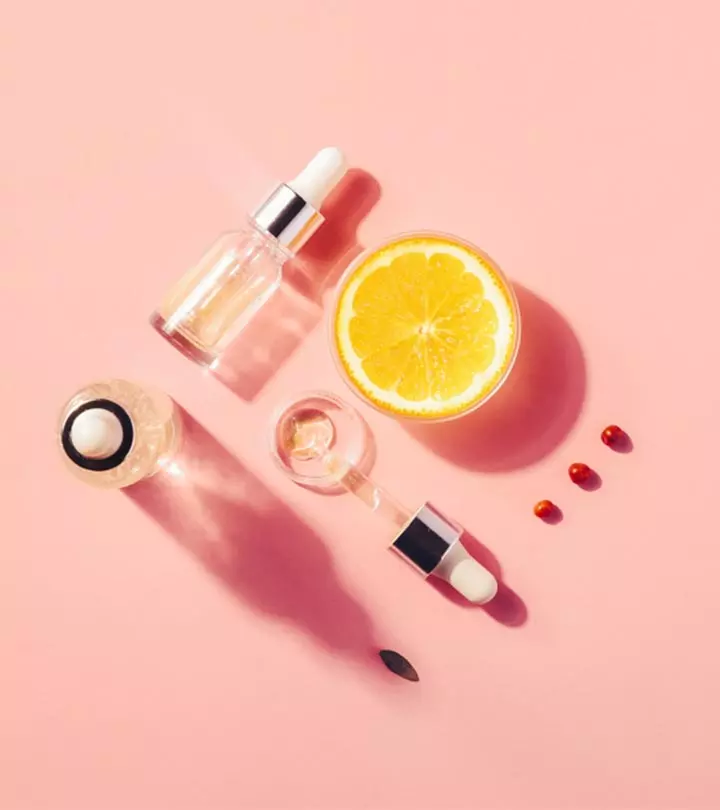
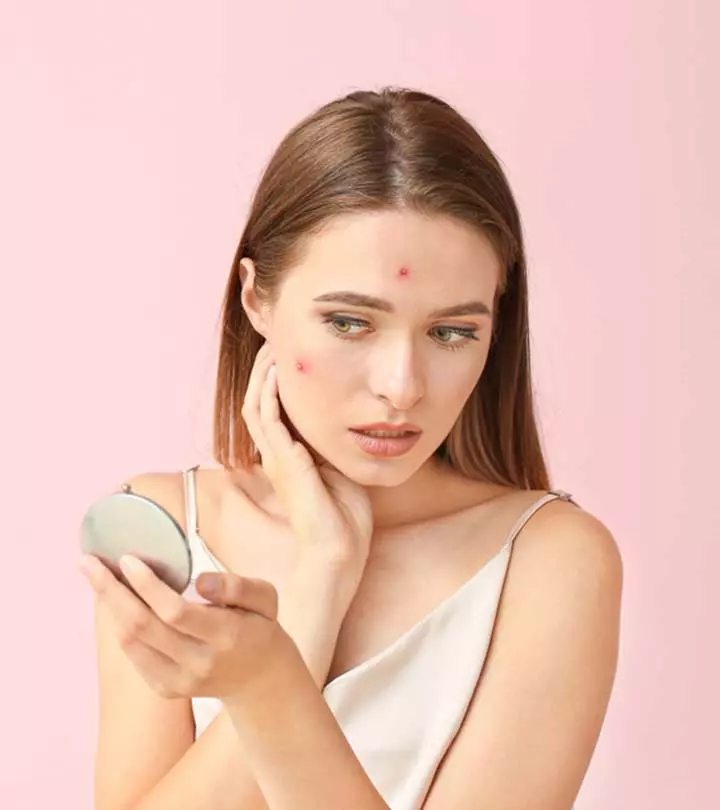
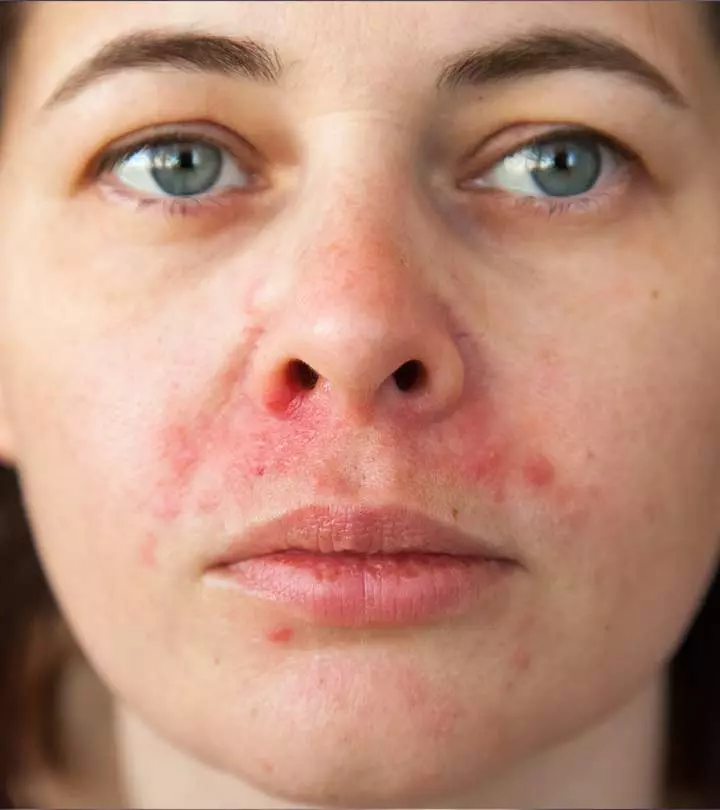
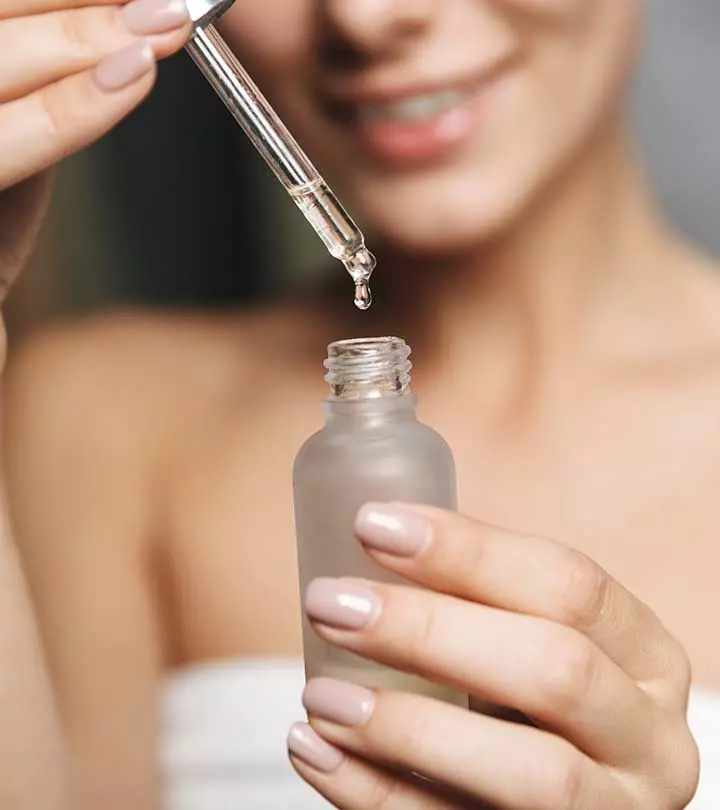
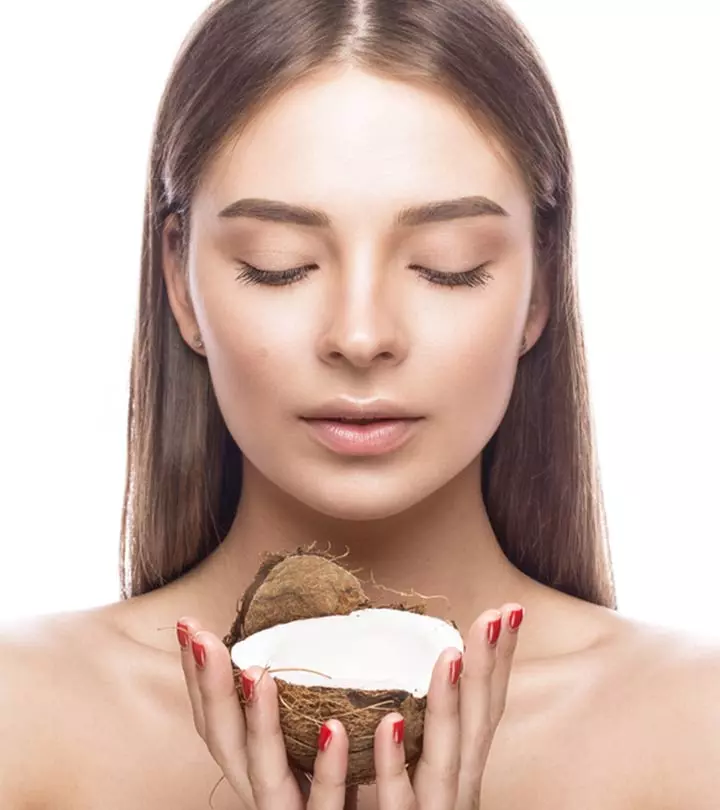

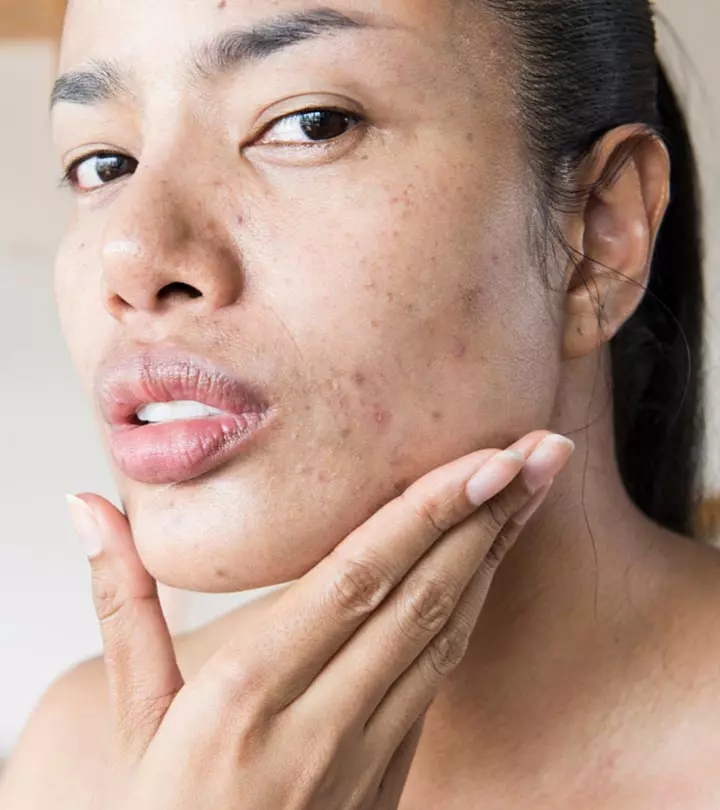
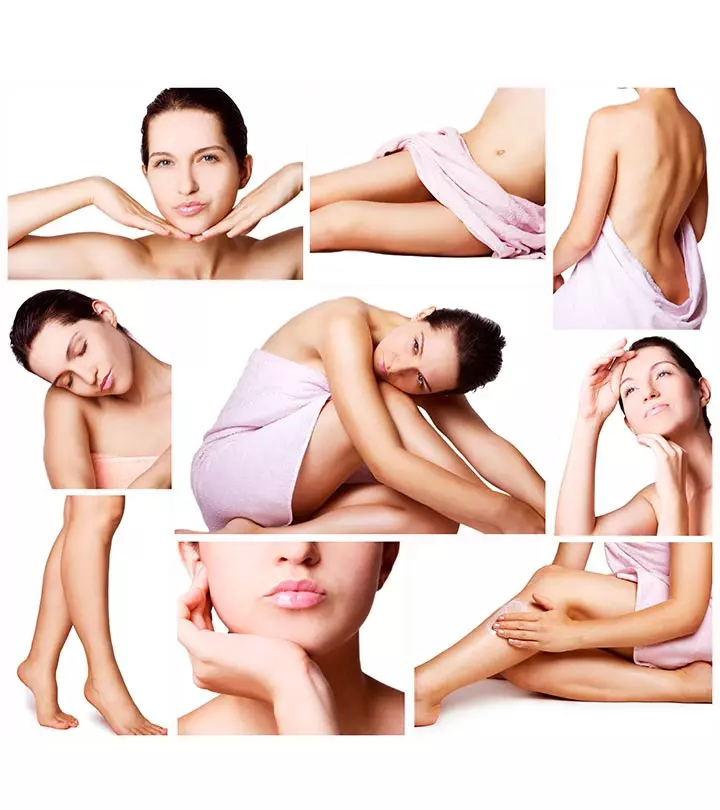

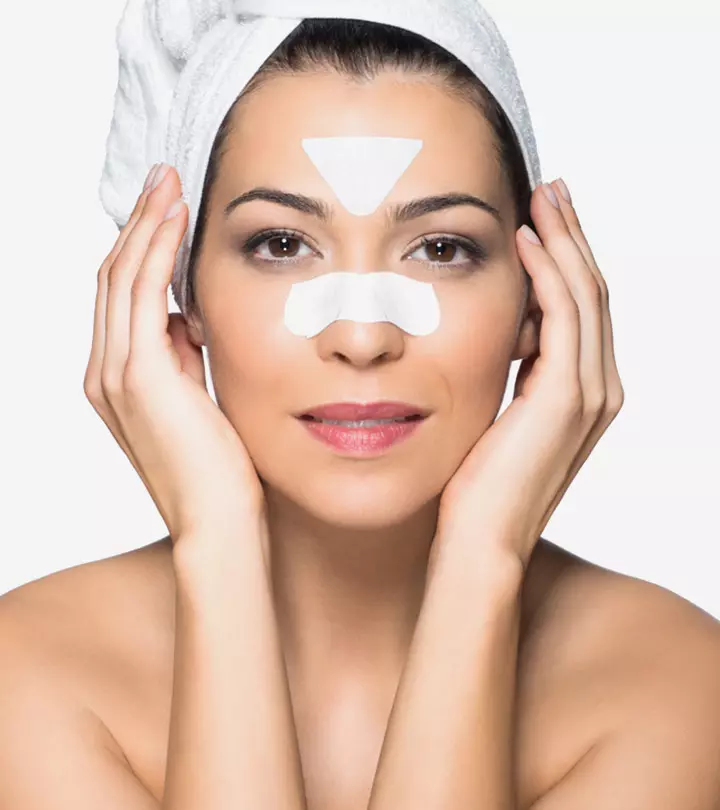
Community Experiences
Join the conversation and become a part of our empowering community! Share your stories, experiences, and insights to connect with other beauty, lifestyle, and health enthusiasts.